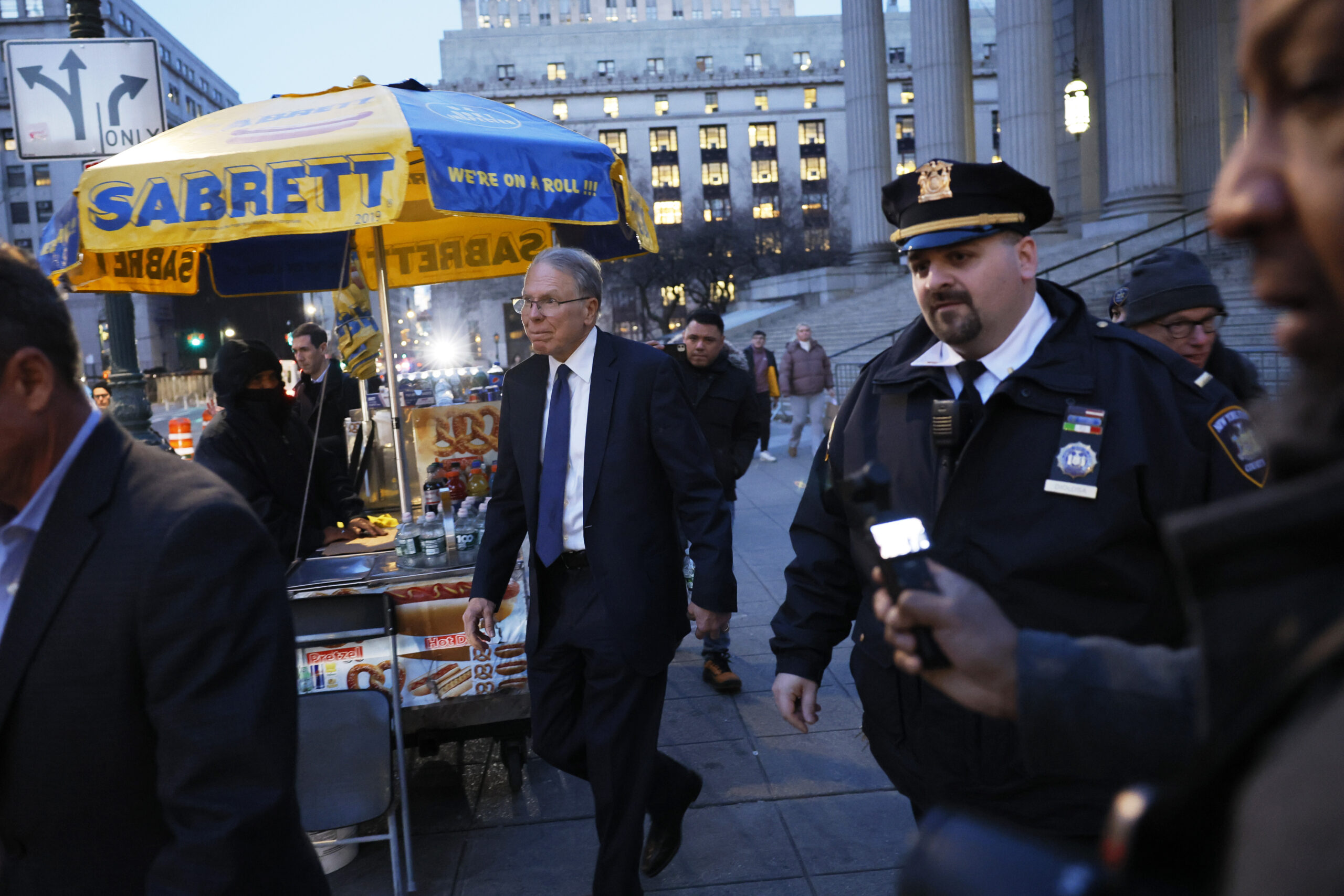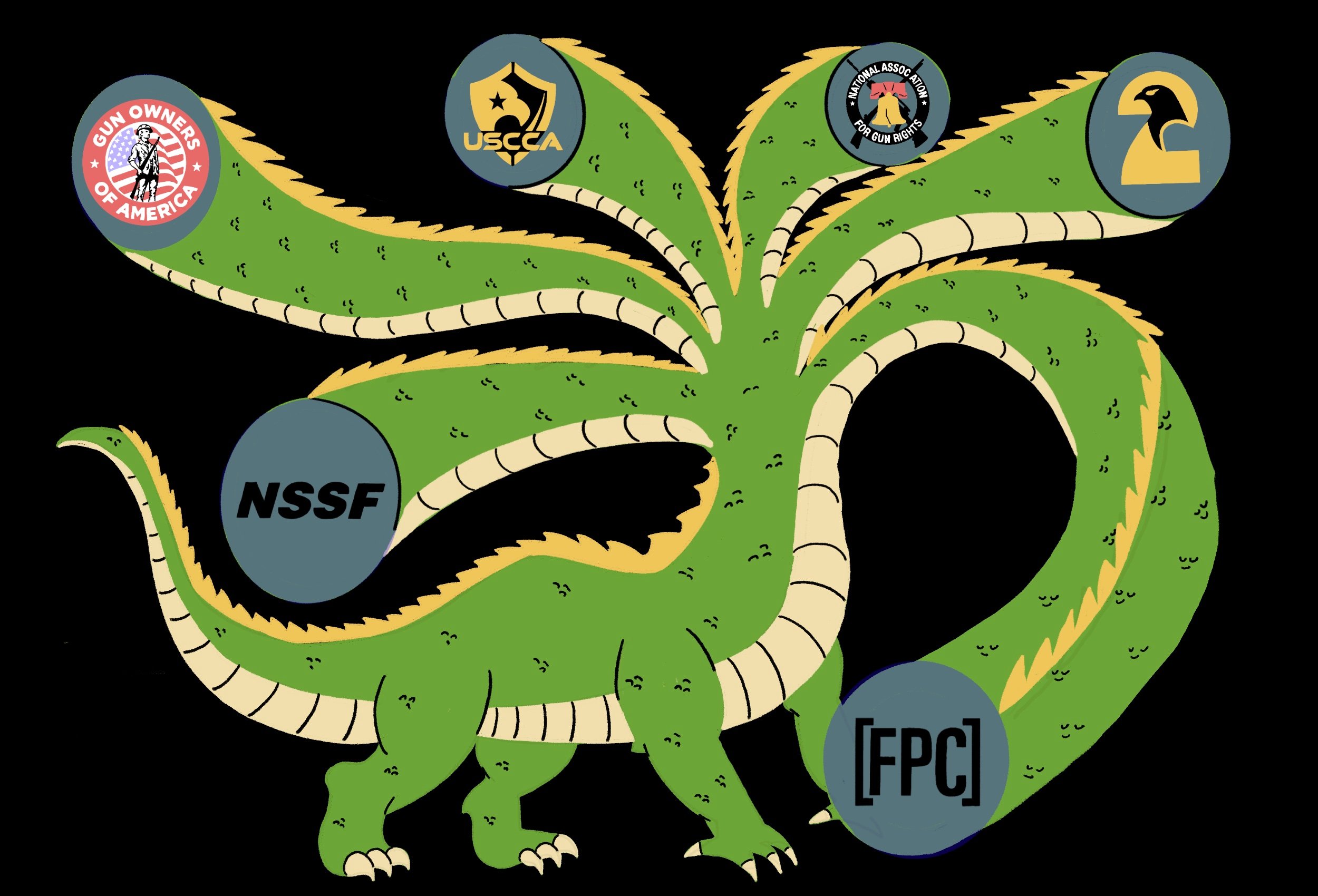A jury in a Manhattan courthouse began deliberating February 16 in the New York attorney general’s civil fraud case against the National Rifle Association and its former boss, Wayne LaPierre.
The morning began with some attorneys for the defense angrily denouncing the opposing side for, they argued, having gone beyond the scope of what was presented at trial during the state’s closing summation the previous day. LaPierre’s attorney even raised the specter of a mistrial.
Judge Joel M. Cohen showed no sympathy, saying that if the court began to make a list of things said during closings that were not part of the evidentiary record, it was going to be a long one. Moreover, Cohen said he had been listening closely and if any side had strayed during closing arguments, it was the defense. “Be careful what bricks you throw,” he told the attorneys.
The judge then called in the jurors and read them 72 pages of instructions on New York laws governing nonprofits and how they should be applied in the case. He also presented them with a 17-page verdict form that laid out the attorney general’s claims — which mostly concern financial misconduct — against the NRA, LaPierre, and two other individual defendants, the gun group’s general counsel, John Frazer, and its former chief financial officer, Wilson Phillips.
Depending on what the jury decides, the NRA could find itself under the eye of a court-appointed monitor and the individual defendants made to pay tens of millions of dollars in restitution to the gun group for money wasted on bloated vendor contracts and lavish personal expenses. To decide guilt or innocence on a given claim, five of the six jurors must agree.
Soon after deliberations began, the jury asked for the entire evidentiary record to be provided to them. Cohen asked jurors to narrow their request, as the record includes several bankers boxes of exhibits. That work was still reportedly underway when the jury disbanded in the early evening.
Halfway through the day, Cohen received a note from a juror who was apparently frustrated by the pace of deliberations. The juror complained that discussions were going in circles and that no decisions were being reached. Cohen informed the attorneys of the note, and said he saw no reason to gather the jury and offer guidance only two hours after it had gotten the case.
The jury later asked for clarification of a state law that governs insider financial transactions. The attorney general’s claims brought under the section of the statute in question apply to LaPierre, Phillips, and the NRA, but not to Frazer, the gun group’s general counsel.
The jury will resume its work on February 20.


